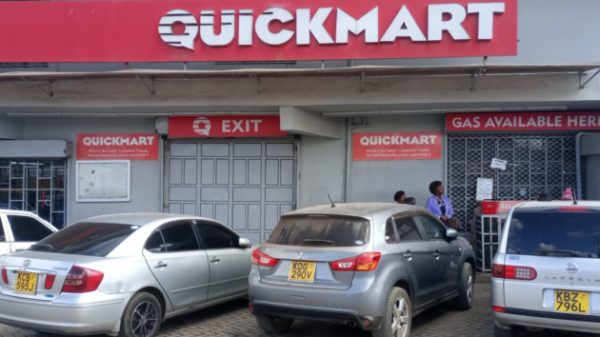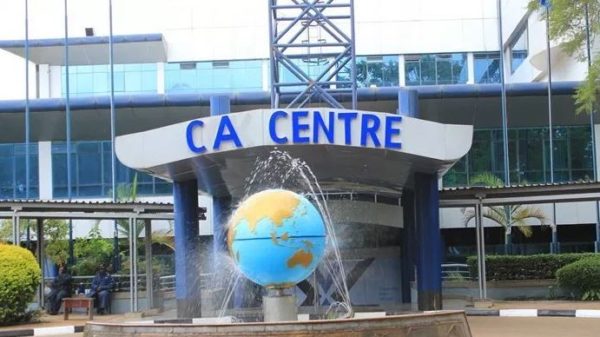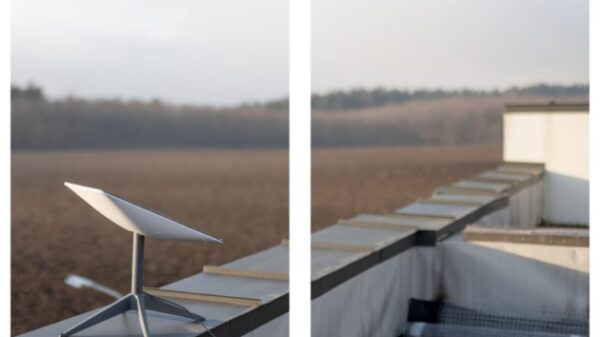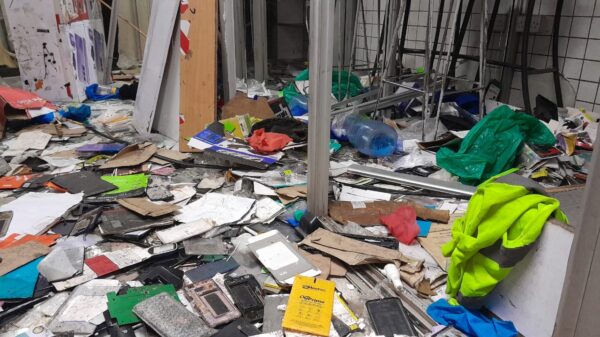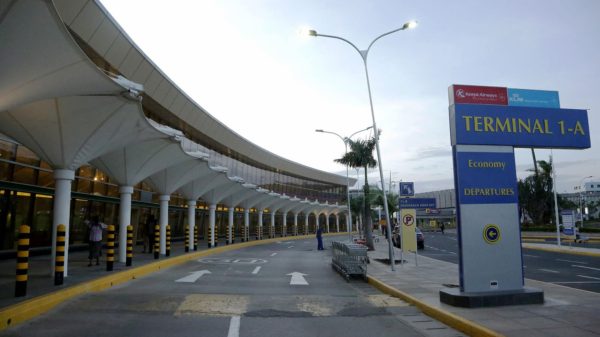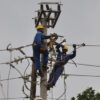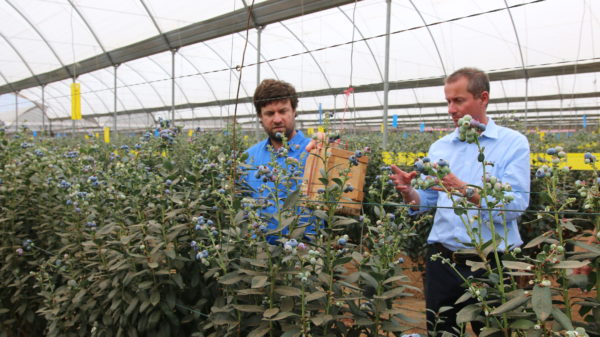NAIROBI, Kenya Aug 26 – Data center company iColo has expanded its renewable energy initiatives by commissioning over 650 kilowatts (kW) of new solar installations at its two data centers in Nairobi and Mombasa.
Ranjith Cherickel, Founder and Chief Executive Officer (CEO) of iColo, revealed that over 450 kW of this new solar capacity will be available in iColo’s Nairobi campus, supporting over 60 national and global networks aggregate.
The nearly 200 kW of remaining capacity will be utilized in iColo’s Miritini campus in Mombasa.
“Our solar investments are driven not only by our sustainability goals as a company but also by our commitment to support our customers’ renewable energy targets. As we further expand, Mombasa’s leading global interconnection hub that has more than 85 network providers will benefit from the campus’ expanded sustainable energy source,” said Cherickel, CEO of iColo.
He added that the firm, which is looking for additional solar spaces, will continue investing in the renewable energy sector to keep up with its power consumption.
According to the latest statistics report by the Energy and Petroleum Regulatory Authority, Kenya’s power grid is significantly renewable, with 82 percent consisting of renewable sources including geothermal, hydro, and wind.
iColo aims to have 25 percent of its facilities’ power needs met by solar installations as part of its long-term goals of aligning both campuses’ growth with the addition of more solar capacity to meet the growing demand in the future.
The company currently has three data centers in their master plan, including a captive substation, and is expected to consume over 20 megawatts (MW) at full capacity.
The company’s second data center in Nairobi, NBO2, with an IT load of 6.5 MW, is expected to come online in Quarter 3 of 2025.
In 2020, the company joined the Science-Based Targets initiative (SBTi), pledging to reduce its Scope 1 and 2 emissions (direct and indirect company emissions) by 68 percent and Scope 3 emissions (indirect emissions in the value chain) by 24 percent by 2030.




